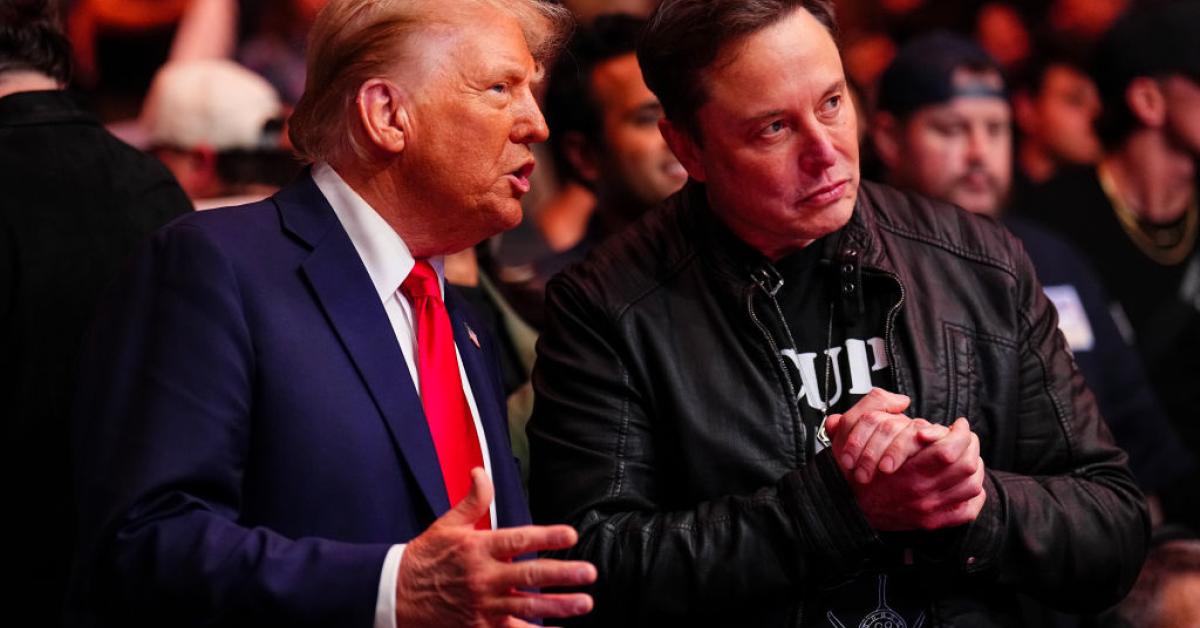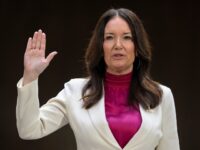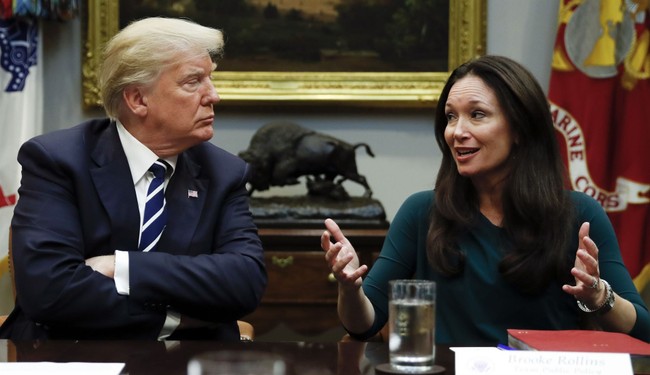Elon Musk, the CEO of Tesla and SpaceX, has made some bold accusations against career officials at the Treasury Department. He claims that these officials are instructing employees to make “fraudulent” payments to people who aren’t supposed to receive them. Various news sources, like The New York Times, have reported on this issue, highlighting that Treasury Secretary Scott Bessent has given the Department of Government Efficiency access to the federal payment system.
Musk, who also chairs the Department of Government Efficiency, has been vocal about his concerns. He took to social media platform X to share that payment approval officers at the Treasury Department were directed to approve payments to known fraudulent or even terrorist groups. According to Musk, these officers have never denied a payment during their entire careers, which he finds deeply concerning.
In another post, Musk emphasized that these career Treasury officials are allegedly breaking the law repeatedly. He argues that by approving these payments, which he views as fraudulent or not in line with funding laws passed by Congress, they are engaging in illegal activities. Musk’s statements have sparked considerable debate and scrutiny from various quarters.
Supporters of Musk’s views see this as a necessary step to expose what they believe is rampant inefficiency and corruption. They argue that such actions undermine the integrity of the federal payment system and misuse taxpayer money. Critics, however, are cautious about accepting these claims without further evidence and investigation.
The Treasury Department, under Bessent’s leadership, has not yet issued a comprehensive response to these accusations. The allegations have, however, triggered discussions within political and financial circles about the need for transparency and accountability. Many are calling for a thorough investigation to determine the validity of Musk’s claims.
Historically, similar allegations have surfaced, but few have resulted in substantial reforms or changes within the department. Some believe that this pattern of behavior can be traced back to a lack of stringent oversight and accountability measures. Musk’s claims might be the catalyst needed to push for significant changes.
Conservative voices have long championed the need for smaller, more efficient government operations. They argue that cutting down on wasteful spending and fraud is essential to maintaining public trust. Musk’s allegations, if proven true, could bolster these calls for reform.
The debate has also reached Capitol Hill, where lawmakers are divided on how best to address these concerns. Some are advocating for immediate hearings and investigations, while others urge caution and due process. The outcome of this debate may shape the future of federal financial oversight.
Public opinion is also split, with some citizens expressing outrage at the alleged misuse of funds. Others remain skeptical, waiting for more concrete evidence before forming an opinion. Regardless, the controversy has drawn significant attention to the inner workings of the Treasury Department.
Musk’s high-profile status adds weight to his accusations, bringing them to the forefront of national conversation. His involvement in the Department of Government Efficiency further complicates the situation, as it raises questions about potential conflicts of interest. Nonetheless, Musk’s statements have undeniably sparked a nationwide debate.
As the situation unfolds, it remains to be seen how the Treasury Department will navigate these allegations. Pressure from the public and political figures may prompt a reevaluation of current practices. The outcome could have lasting implications for how federal payments are managed.
In the meantime, some are calling for increased transparency and checks within the Treasury to prevent similar issues in the future. They believe that a robust system of checks and balances is crucial to safeguarding taxpayer money. This incident might serve as a catalyst for implementing such measures.
Moreover, the role of technology in monitoring and approving payments has come under scrutiny. Some argue that technological improvements could help identify and prevent fraudulent transactions more effectively. Others worry about the potential for abuse or errors in automated systems.
As discussions continue, it is clear that the allegations have resonated with many Americans. The issue of government efficiency and spending is a perennial concern, and Musk’s accusations have reignited this debate. Whether these claims will lead to tangible change remains an open question.
While Musk’s allegations are serious, they also highlight the complexities of managing a vast federal payment system. Balancing efficiency with oversight is a challenge that has persisted over the years. Finding a solution may require collaboration across political and institutional lines.
The controversy also underscores the importance of leadership in government departments. Effective leadership can inspire trust and ensure that operations align with legal and ethical standards. The current situation at the Treasury Department may prompt a reevaluation of leadership practices.
Ultimately, how the Treasury Department addresses these allegations will reflect its commitment to transparency and accountability. As public scrutiny intensifies, the department’s actions will be closely watched. The outcome will likely influence public perception of government efficiency for years to come.




Start putting these people in jail for corruption and fraud and funding our enemies that’s called Treason.
These criminals are stealing taxpayers money and giving it away to their organizations and get kickbacks or moneys for their campaigns. Lock these corrupt criminals up.
Comments, accusations, doubts etc. etc. Can action to resolve be taken as fast as the accusations roll in?
Why the delay to post a simple comment. Tks. for reporting.